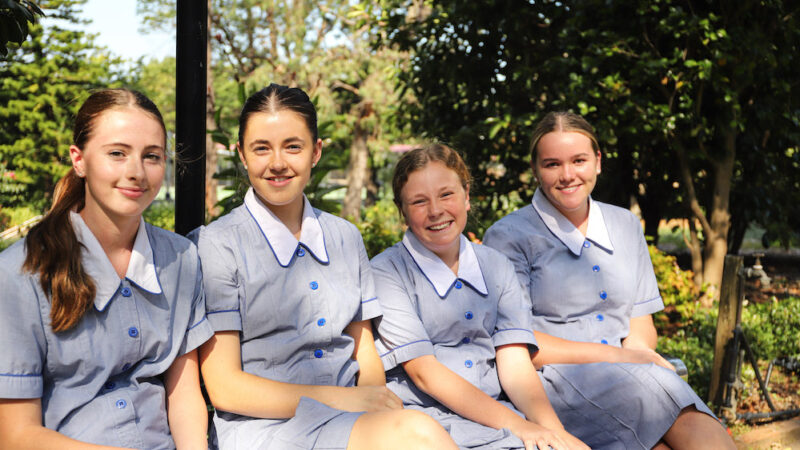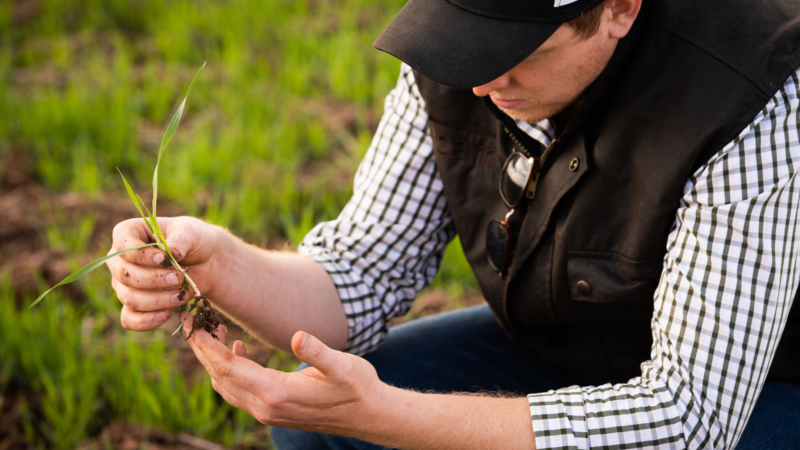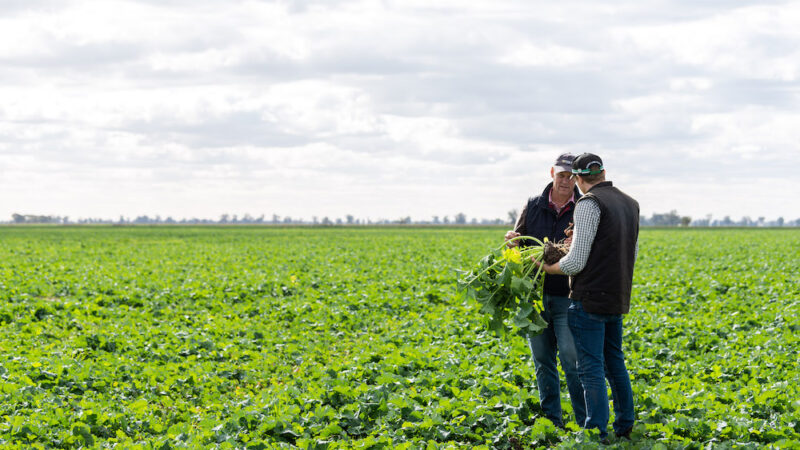Carbon farming the right way
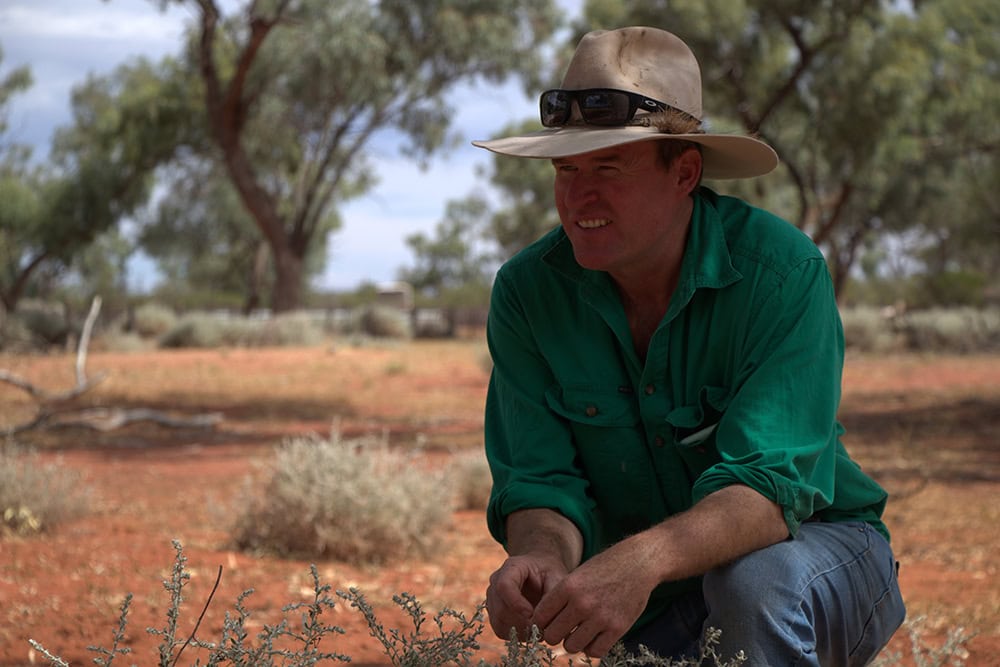
Western NSW graziers Mike and Lucy Rosser advocate for the crucial impact carbon farming has had on their grazing business. Find out how a partnership with GreenCollar could boost your agribusiness too.

At the Argyle Station Pastoral Company, the inclusion of carbon and biodiversity credits has strengthened Mike and Lucy Rosser�s business against a potentially uncertain climate and future.
These days, between 15 to 20 per cent of their revenue comes from carbon farming. �But during drought, it can rise to as much as 40 per cent, which has allowed us to retain staff during dry periods,� Mike says.
The Rosser�s run three carbon farming projects in partnership with�GreenCollar, and over the past ten years have sequestered over 862,000 tonnes of CO2.
�It�s about being rain ready, and if the land isn�t managed properly, we can�t be rain ready. Working with GreenCollar helps us to be rain ready�, says Mike.
When the Rosser�s purchased the lease on their flagship property, Argyle Station, it was the middle of the millennium drought. They thought the rain would come, so continued running a mixed sheep and goat enterprise, but the vegetation was already showing the impact of overstocking.
�It took another five years before the rain came, and then we experienced La Nina events, and saw grasses which we�d never seen before�, says Mike. �We became really protective of them, and that�s why we first started rotational grazing.�
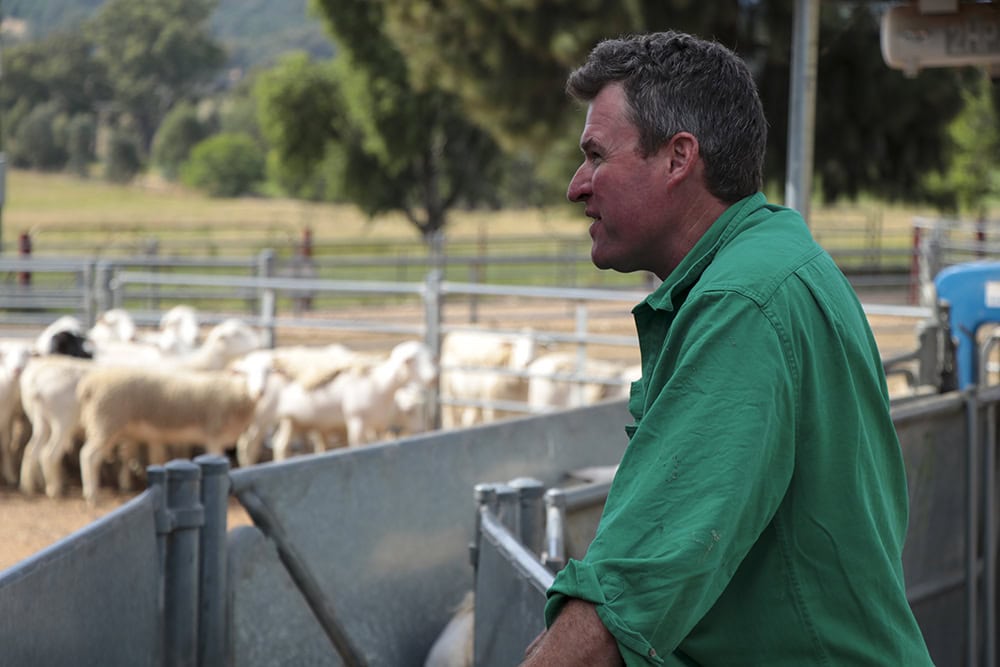
Having gone from a dust bowl to ground cover, Mike wanted to keep that grass. They lowered stocking levels and began trialling rotational grazing.
In 2013, they heard about GreenCollar from another landholder and began thinking 20 to 40 years down the track. In 2015 they partnered with GreenCollar to run a series of carbon projects.
�GreenCollar was the best choice for us, because we could keep improving our place, keep loving our land and animals, and they were helping us along the way,� Mike said.
Most recently the Rosser�s have added a NaturePlus� Project into the mix, which rewards them for achieving positive biodiversity outcomes within the landscape.
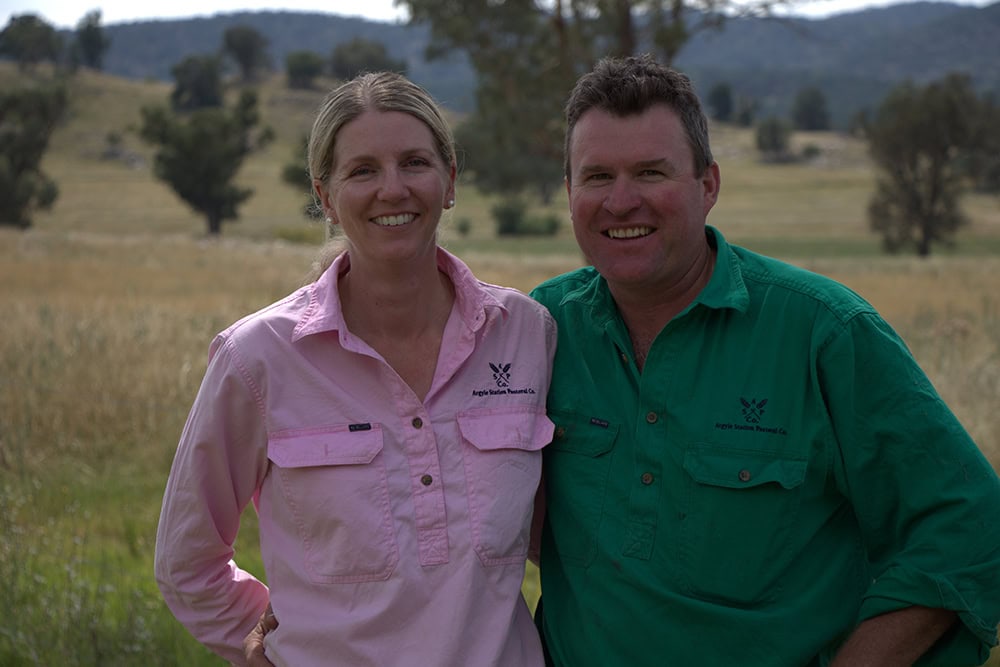
�It is extraordinary to think that on a global scale, we have been the first to generate these NaturePlus� Credits, just from the changes we�ve made to our operation,� Mike said.
�It�s all about better grazing management and working with GreenCollar�s experts and their data,� says Mike.
�We�re mixing my specialty of grazing management and feed budgeting, with their specialty, of scientifically looking at vegetation regeneration and biodiversity. Their data shows us how good our rotational grazing is. We learn a lot from the results – and that�s what excites me.�
If you�re interested in learning how�GreenCollar could help bolster your agribusiness, get in touch�today.


